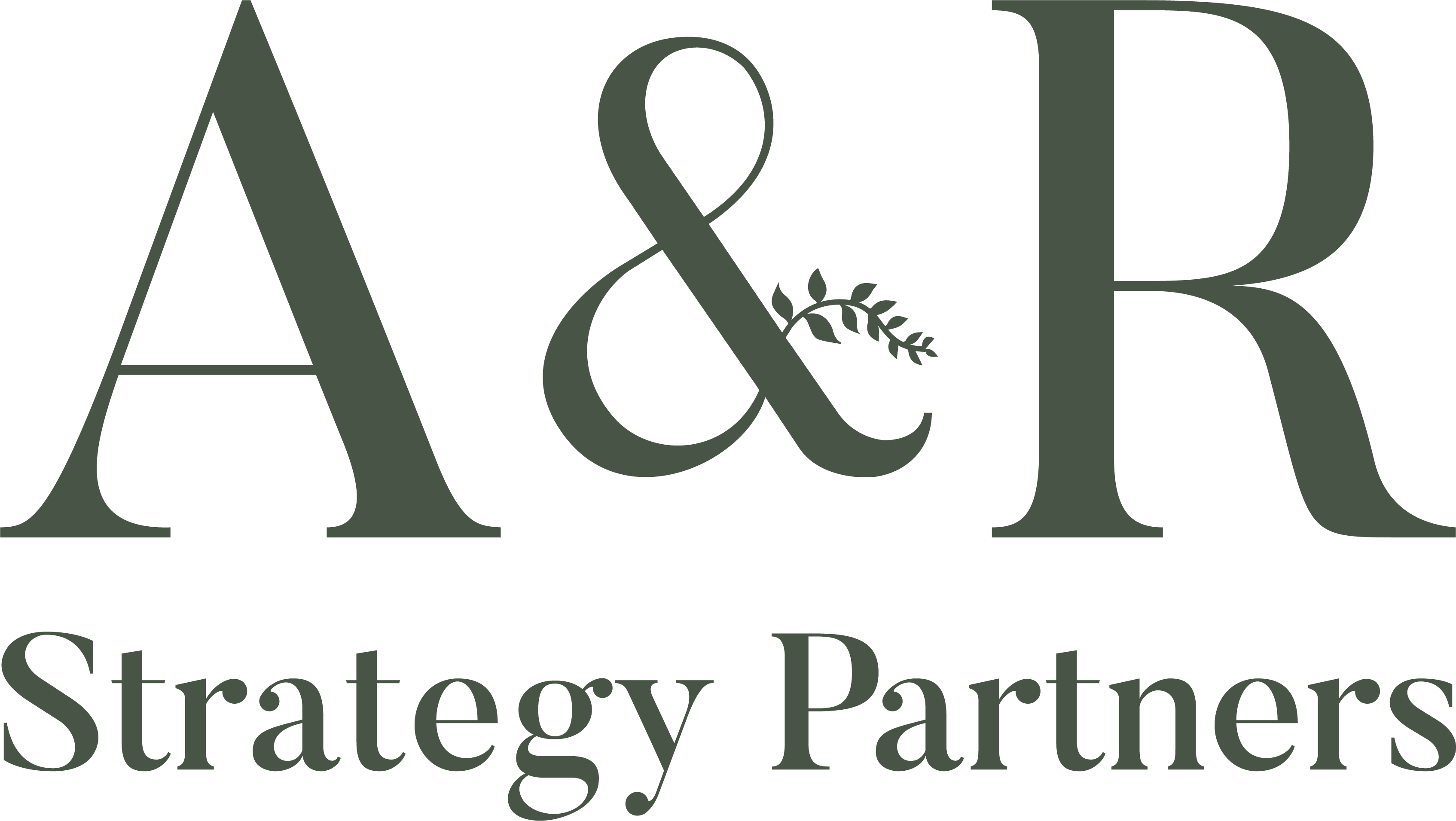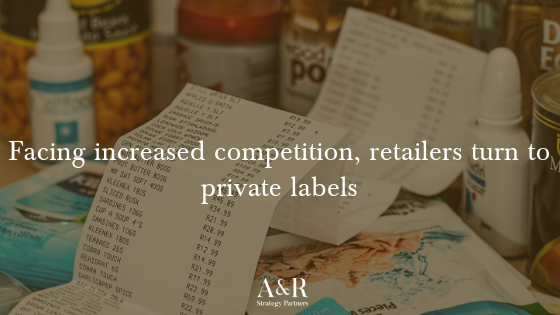I am writing from the Winter Fancy Food Show of 2019, designed to promote business growth in the food industry. This great show has me thinking about the future of the food and beverage industry.
At the start of a new year, it’s all about looking back on past failures and successes, examining trends, and using a fresh perspective to implement refined strategies to drive traffic and increase sales and revenue. According to CB Insights, one of the most significant and essential food and beverage trends to implement for 2019 is retail private label programs.
We are all watching Amazon, but even big box grocers such as Albertsons, Kroger, Target and Walmart are showing us all that private label brands continue to be a priority heading into this new year and they’re giving us a glimpse into the future of retail.
Albertsons
In a mid-May investor presentation, company executives noted that private label customers not only shop more frequently but they spend more when they shop. In 2018, the Idaho-based company set a goal of launching 1,400 new private label products, doubling 2017’s new item launches. Their portfolio includes private label brands such as O Organics, Lucerne, Signature Select, and Signature Café, which are now all billion dollar brands.
Kroger
Kroger’s Simple Truth brand hit $2 billion in annual sales last year and Kroger just partnered with Alibaba to sell its private labels in China. Since its launch in 2012, the line now offers 1,400 products across varying categories such as grocery, meat, produce, deli, bakery, baby, household and personal care. In Kroger’s third quarter of 2017, private brands accounted for 28.2% of unit sales and 25.6% of sales dollars, excluding fuel and pharmacy. Simple Truth continued to grow in popularity, increasing by 19%.
Target
Target plans to expand its private label offerings and in June of 2018, the retailer rolled out a new home goods label, Made by Design. Since 2016, Target has launched 20 private label brands in departments such as apparel, home décor, electronics, and personal care. The company’s first major success was Cat & Jack, a children’s apparel line that surpassed $2 billion in a little over a year.
Walmart
Even with Amazon’s quick growth, Walmart still holds the title for the world’s largest retailer and they were there at the start of private labels before it was “trending.” Years after the introduction of Ol’ Roy dog food in 1983, 84% of customers shopping at Walmart purchase private brands from the retailer. Walmart continues to drive increased loyalty through private label growth and in June of 2018, it launched a wine private label called Winemakers Selection.
As you watch the big box retailers turn to private labels at the face of increased competition, here are three important questions to consider for your own brand, as you decide whether or not to increase your presence through private label:
- How will a private label initiative change your internal processes?
- Who else on your team should be a part of a private label development initiative?
- How does your marketing and sales team support private label fully and integrate the right customer input?
I believe that as a food or beverage company, developing your private label sales strategy should be a prioritized task on your 2019 to-do list. Aligning your team for success will be critical for growth this year and private label sales is an opportunity that shouldn’t be missed.

